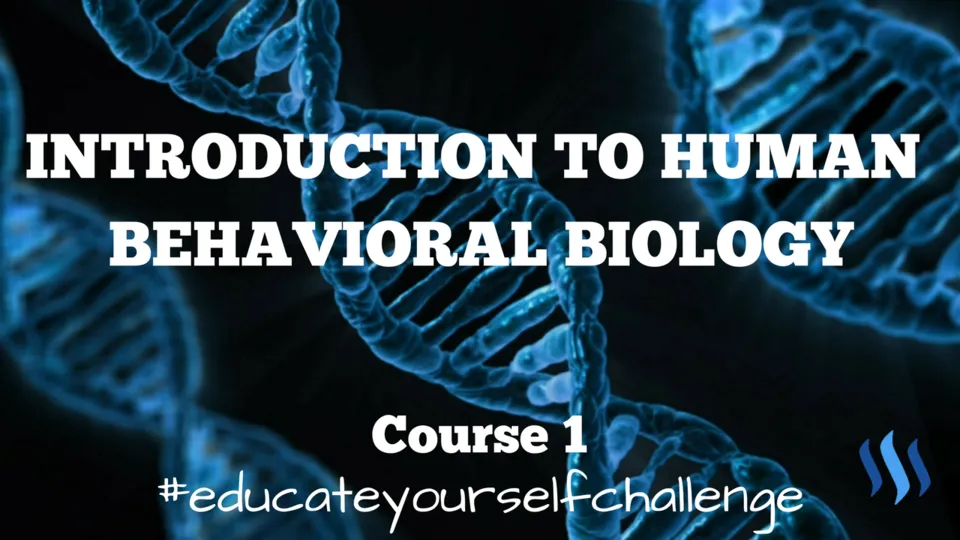

This is the presentation of the open source course I will undergo in the form of youtube videos that can all be accessed here. The course is presented by professor Robert Sapolsky at Stanford. Before going into the details I want to nominate two steemians to undertake this challenge, @ruth-elise and @aiuli. You can find a description and the rules for this challenge here.
The reason why I started taking this course is that I realized that I don’t have even 10% of the necessary understanding to reach my goals. And because I really want to understand human behavior in order to tailor technological advances as best to real human needs, so I thought behavioral biology would be a goog place to start.
As stated about, the course is held by Robert Sapolsky which is a neuroendocrinologist and author of several books. He also has scientific ties to neuroscience, neurobiology, biological anthropology and primatology.
In this first course, he emphasizes that human behavior is a complex combination of nature and nurture and that there is no one thing that can explain a behavior. Something I really like is the fact that he understands how people relate to information and tries to create a good framework for thinking about nuanced things like behavior.
I am going to try to put into bullet points the key things to keep in mind while this course unfolds:
- external agents can influence inner chemistry and change behavior
- stuff going on in the body can influence the brain and thus behavioral
- people have a tendency to think in categories in order to simplify things
- if focused too much on categories things in them appear to be more similar than they are
- things in different categories tend to be seen more different than they are
- categories and categorical boundaries obscure the bigger picture
- there are areas in which humans are no different than animals
- there are areas in which we have unique manifestations
The central point for the courses to come is that we will understand different ways of relating to behavior and we will use these apparently separate understandings as filters that explain a certain aspect of behavior. But while using separate points of view, we need to keep in mind that all of them interact to create behavior. The different ways and points of view for studying behavior will relate to molecular genetics, behavioral genetics, ethology, neuroscience, advanced neurology, and endocrinology.
I am very excited to undergo this course and I am very curious to see how I will overcome the lack of basic knowledge regarding this field. The good part is that Robert Sapolsky structured this course in such a way that is should make sense to anyone willing to invest the time.
